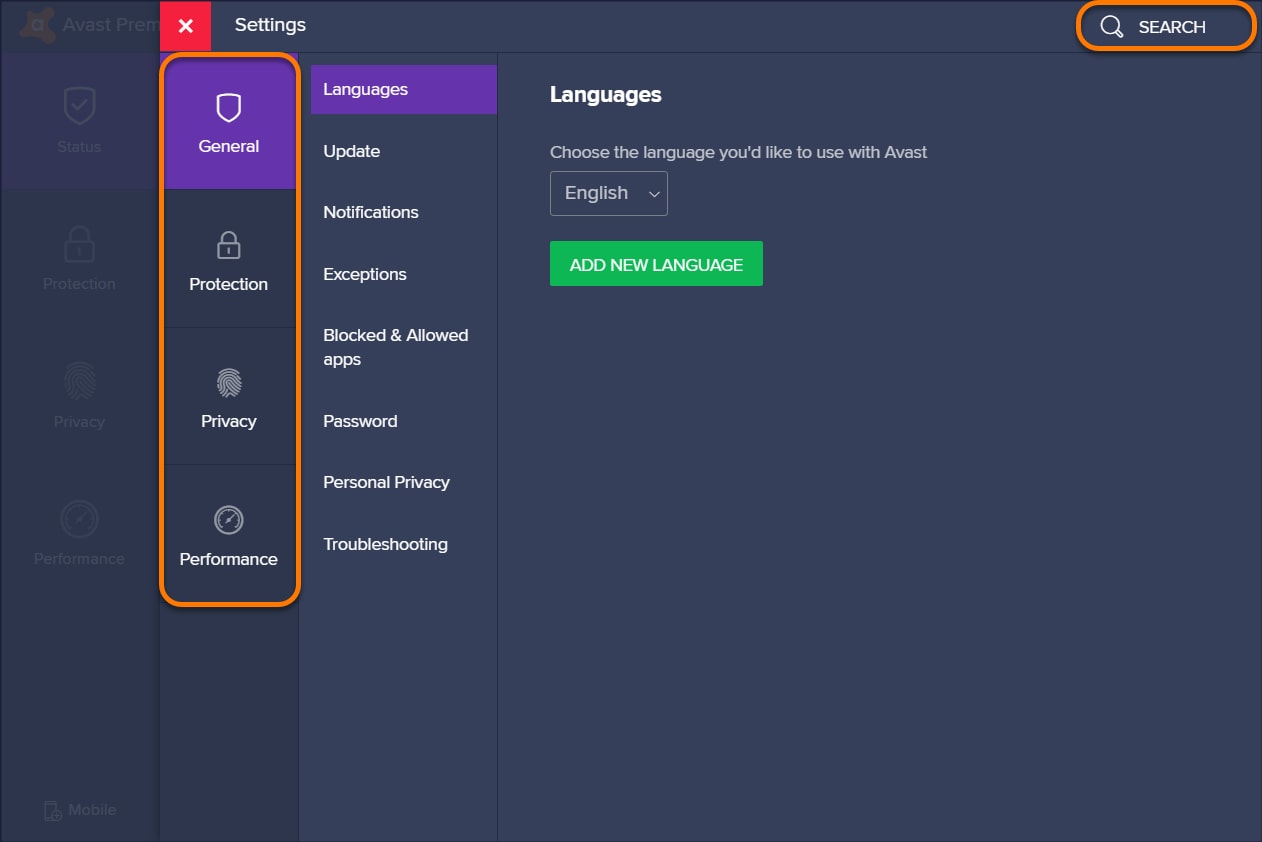

More than half of Google searches happen on mobile - and mobile searchers tend to take advantage of “predictive search.” This is when Google tries to predict what a searcher wants before they finish typing. Make your event page show up first on mobile searches
#AVAST OVERWATCH EXCEPTION REGISTRATION#
Eventbrite is one of Google’s top 100 most trusted sites - the only ticketing or registration page with a high enough domain authority to rank alongside sites like Yelp. The higher your partner’s domain authority, the better shot your event has at ranking in search results. If this is the case, you want to choose a ticketing partner whose site has good domain authority. In many cases, it might be more valuable for searches to land directly on your ticketing and registration page - so event-goers can buy tickets or register right away. You can check in on your progress by using Google Analytics. This content could take the form of blog posts or new events. There’s no instant way to improve your domain authority, but Google will trust your site more if you post new contentregularly. One of the most important factors in your search rankings is your event website’s “domain authority” - a number that indicates how much Google trusts your site. Increase your “domain authority” to rank in Google If you’re directing traffic to your own event page, make sure your domain name (or URL) also includes the keyword-optimized name of your event. That means naming your event the “Los Angeles Beer Festival” or “Craft Beer Festival: Los Angeles” could pay off in major traffic. For example, nearly 200 people search for beer festivals in Los Angeles each month. You increase your chances of ranking even more if you include your city or state in the title of your event. It’s also a good idea to repeat geographic terms like “Northern California” and “New York City” in your copy. That means you want to make sure the date and location are front and center in your event description. Search engines know that events are timely and location-based, so they will use your event’s date and location to determine its ranking.

(You can find out which keywords have the highest search volume for your event using Google AdWords - find out how here.) For example, if you host a beer festival, you want to make sure your event name has the term “beer festival” in it, since that keyword is searched nearly 3,000 times per month on Google. Sometimes, this means putting creativity aside for a straightforward name. You’ll want to use keywords strategically on your event page, especially in your event name and description. Keywords - the words that a potential attendee would search on Google to find your site - are the heart of SEO. Use descriptive keywords in your title and event summary

Here are three basic principles to follow to get your event to rank on Google. The key is Search Engine Optimization (SEO) or, put more simply, designing your event page to show up at the top of search results.


 0 kommentar(er)
0 kommentar(er)
